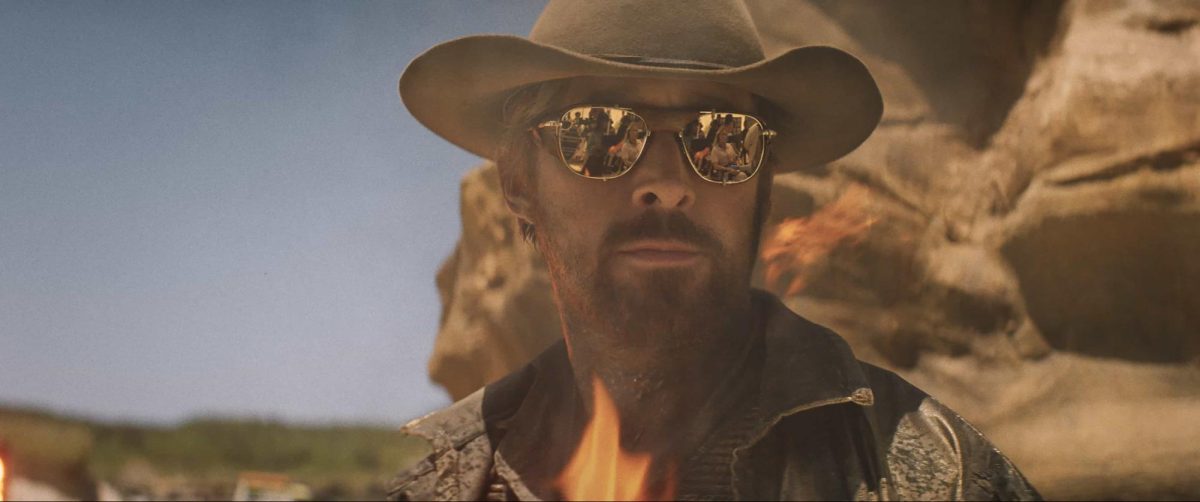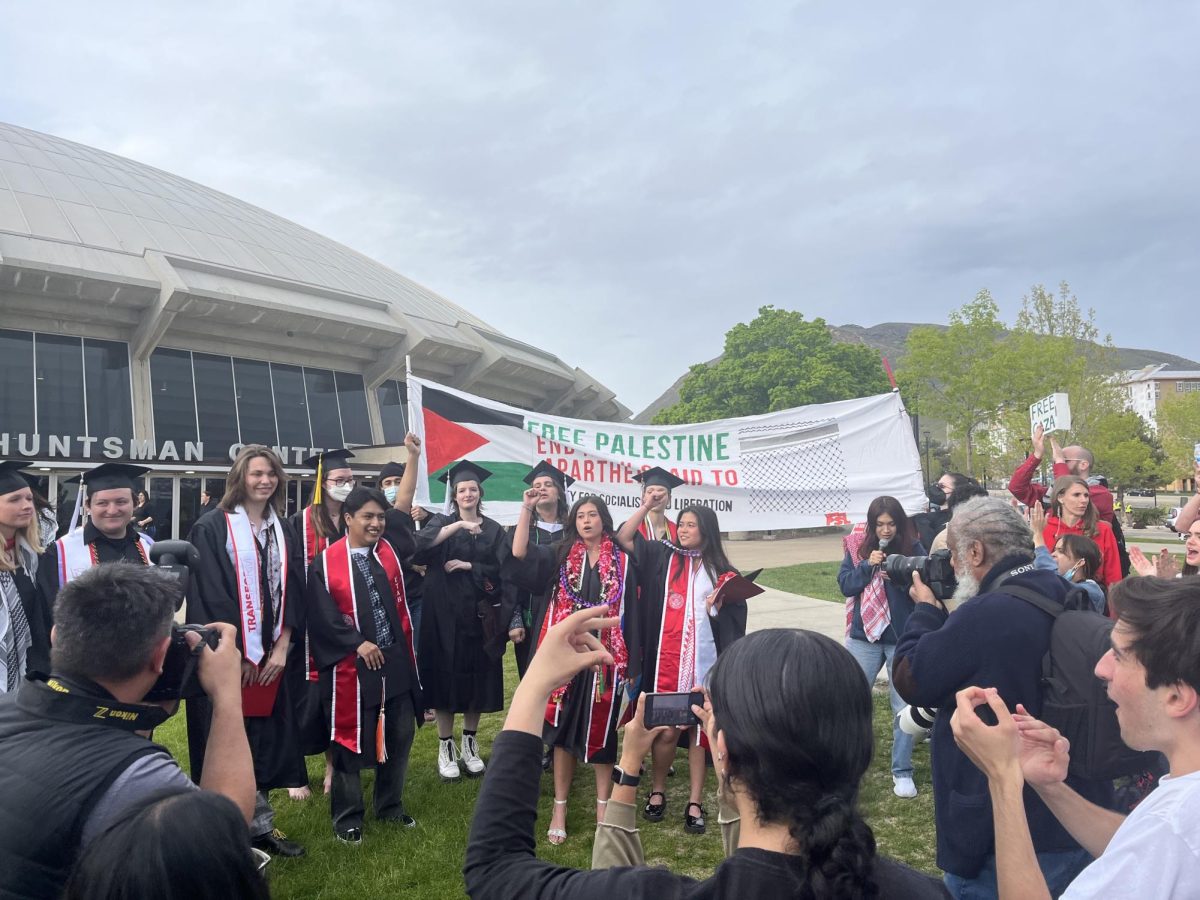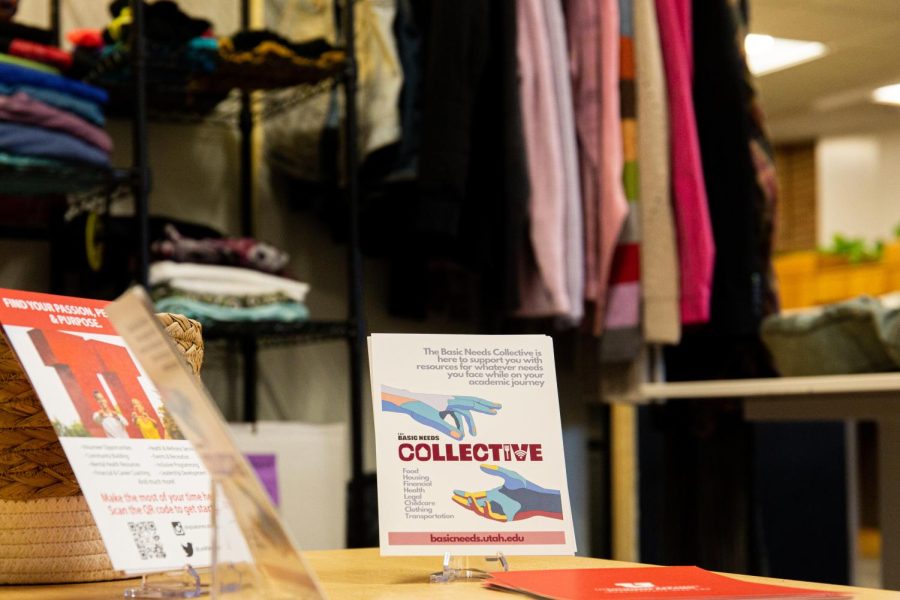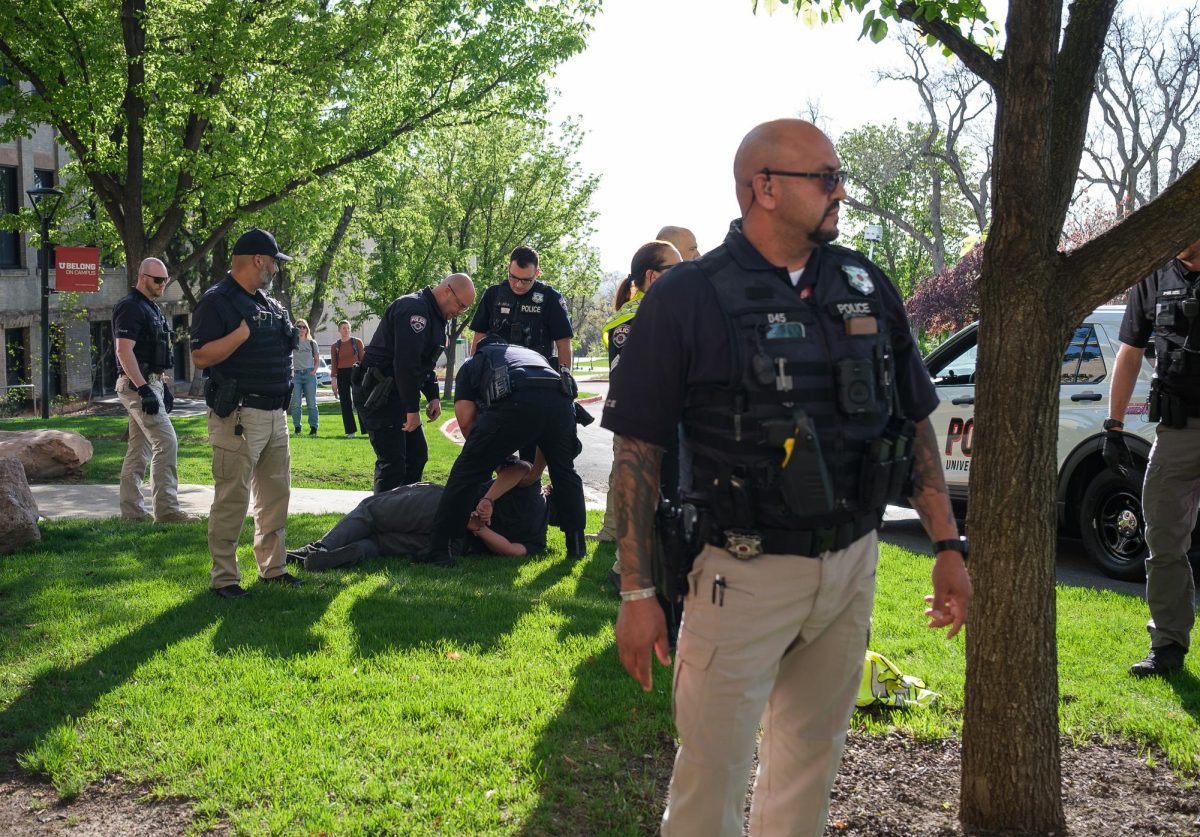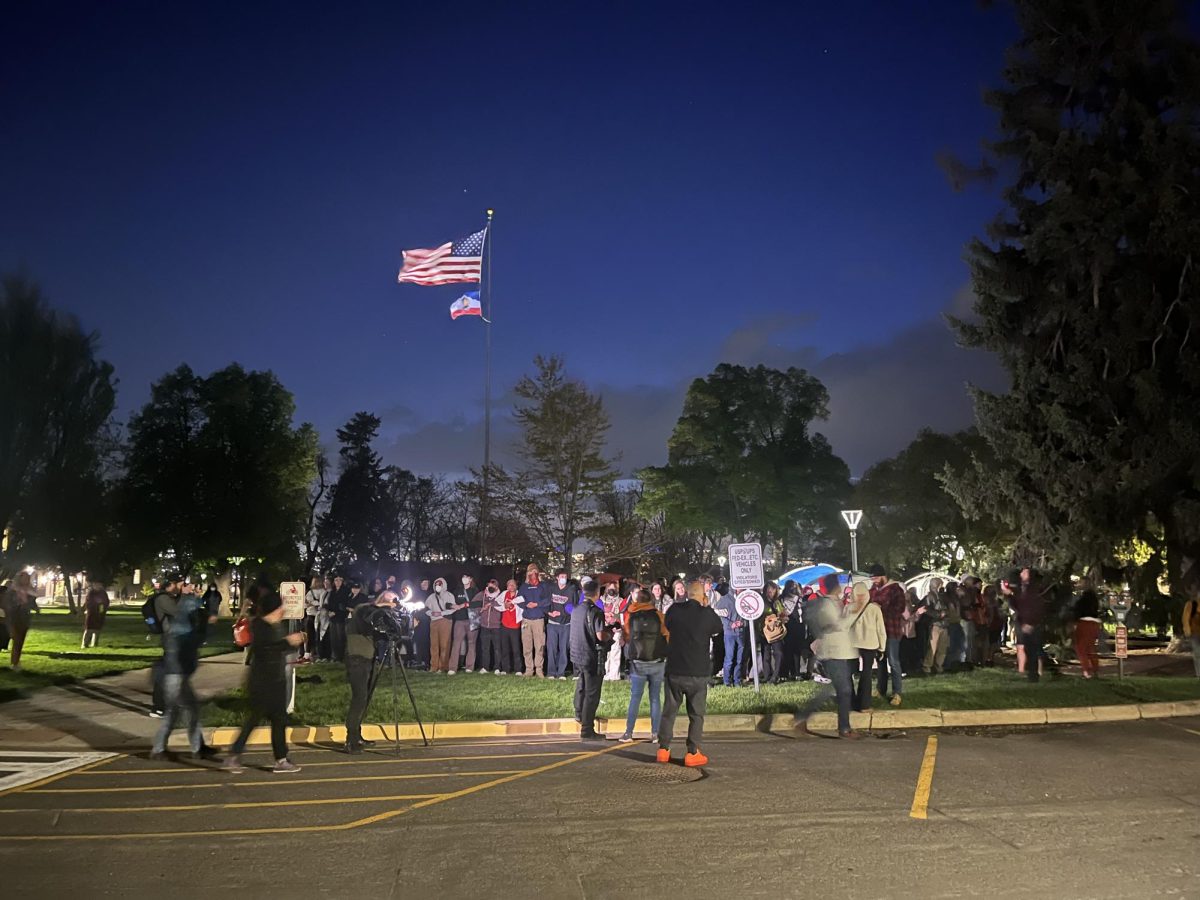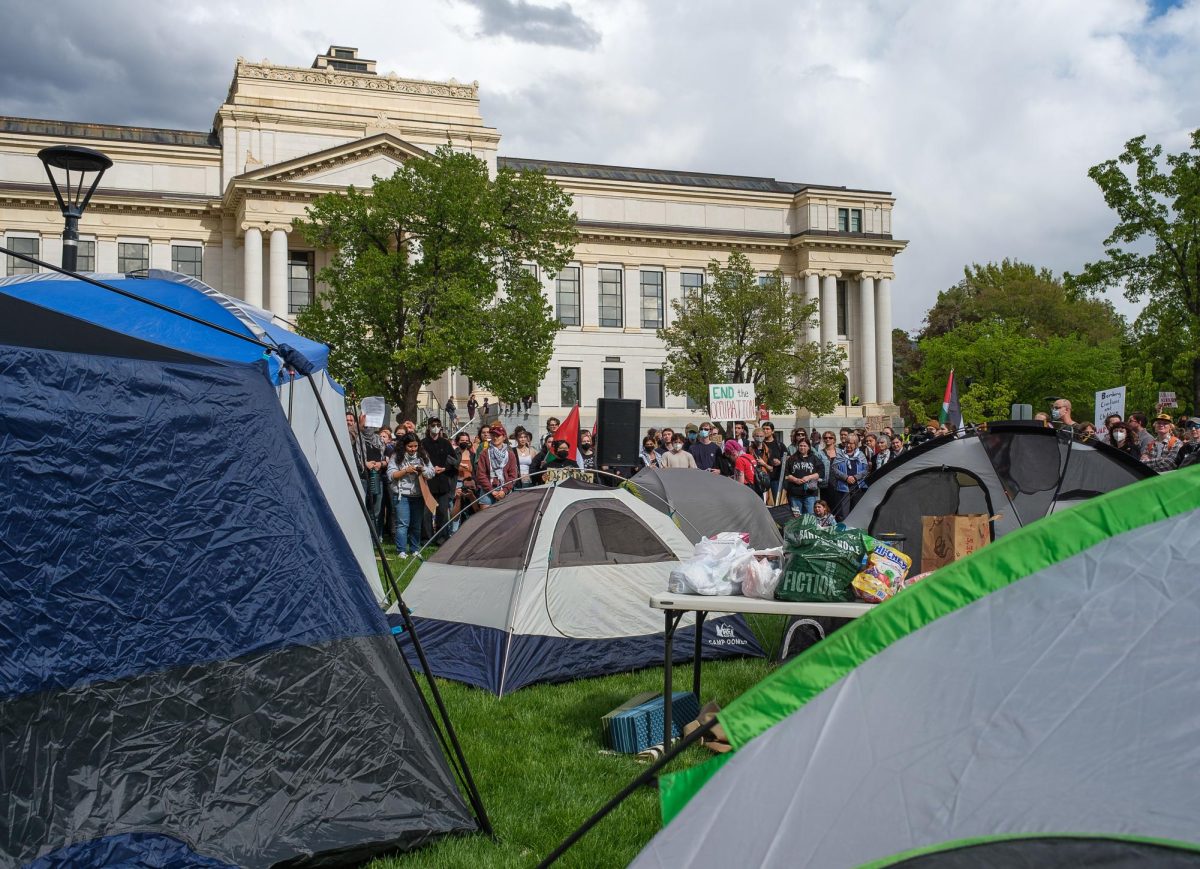Computer science pioneer and U alumnus, Alan Kay, once famously remarked that the best way to predict the future was to invent it. On Tuesday, a panel of experts at a Hinckley Institute of Politics forum to discuss the future of public education in Utah agreed.
The four-person panel cited adequate funding, programs to get students into college, recruiting and preparing teachers and local control of the educational system as key issues being decided today that will determine that future of public education.
Utah Education Policy Center Director and U assistant professor Andrea Rorrer said the most important thing to the future of education at all levels is to spend more money on it now.
She said the state’s residents shouldn’t have to figure out how to do more with less funding. Rorrer said the questions being asked related to education funding should be framed differently8212;instead of policy makers asking residents if they want higher property taxes, they should be asking residents if they want better education.
“This really is a public good,” she said. “We have an opportunity either to pay now, which might be costly in the short term, or we are going to pay in dire ways years from now.”
Rorrer said she is optimistic the state won’t always rank near the bottom nationally in spending per pupil, as it does now, because generally people want a thriving system.
Christine Kearl, education policy adviser for Gov. Jon Huntsman, Jr., said access to higher education is vital to the state’s future.
Kearl said the governor has two main goals related to education: every child in the state should graduate from high school and every high school graduate should go to college.
Kearl pointed out that the average annual income for someone with a high school diploma is close to $23,000 but that the average for someone with a bachelor’s degree is more than double that at $48,000 a year. One of the best ways to get students into higher education is to provide more guidance counselors to help make students aware of the options available and the steps necessary to get into a good college, Kearl said.
“We have the highest ratio of students to counselors in the nation,” she said. “We have many of our elementary and middle schools that don’t even have counselors.”
Utah Education Association President Kim Campbell said teachers need to be more aggressively recruited and properly prepared.
She said the two most important things contributing to a student’s success are parental involvement and quality teachers. For that reason, she said it is vitally important to get the right types of people to go into teaching.
“We have to get the people who have that predisposition to want to make a difference,” she said. “It’s one of the factors that teachers cite in going into education…that they want to make a difference in the lives of people.”
Maintaining local control is essential to the future of education in the state, said Utah State Board of Education member Kim Burningham.
He said public education has historically been local and non-partisan, but the trend in recent years has been toward more federal control, pointing to the Bush administration’s No Child Left Behind law as an example.
Burningham said the incentives in the NCLB law to improve student performance are important, but would work better if they were developed and administered locally.
The forum was cosponsored by the Utah Foundation, a local think tank, and moderated by foundation President Stephen Kroes.
Kroes said education had recently dropped into second place in a Dan Jones poll of issues Utah residents care about, behind energy and gas prices, but was still the issue most likely to be affected by policy decisions at the local level.
 Greg Harlow
Greg HarlowThe four-person panel cited adequate funding, programs to get students into college, recruiting and preparing teachers and local control of the educational system as key issues being decided today that will determine that future of public education.


